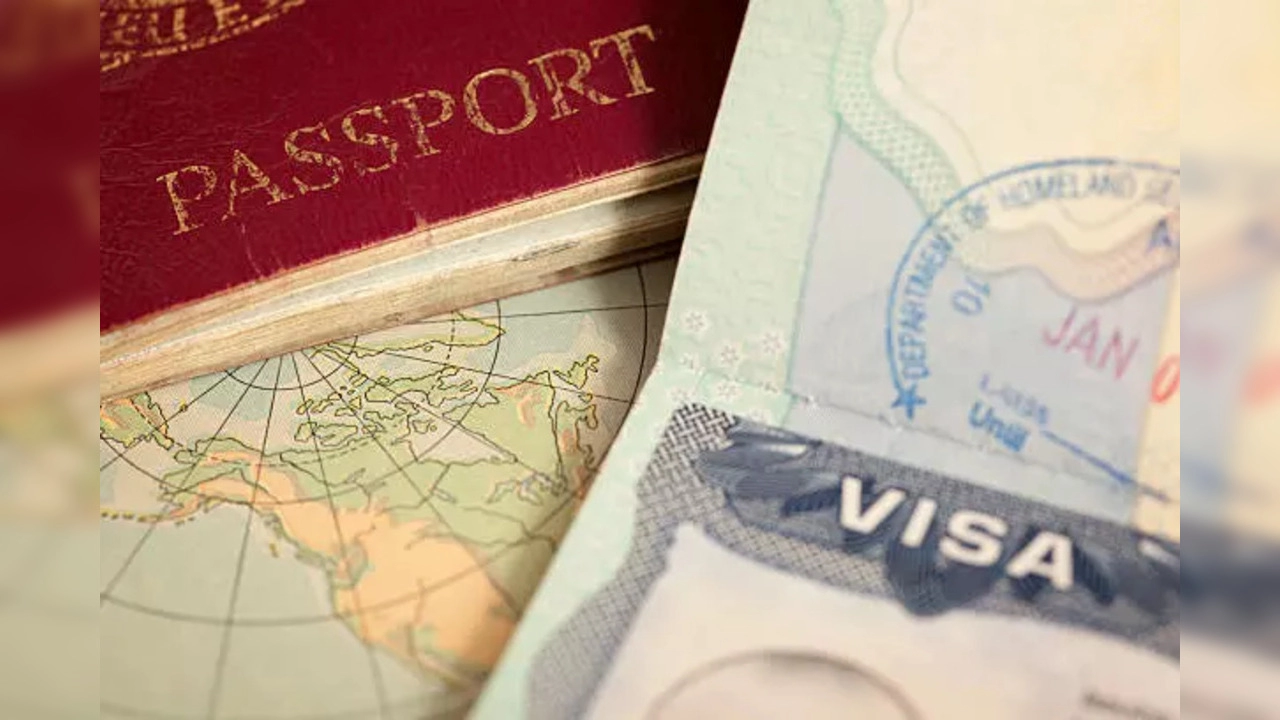Are you dreaming of exploring the vibrant markets of Istanbul, marveling at the ancient ruins in Ephesus, or indulging in savory Turkish cuisine? Well, get ready to make those dreams a reality because we’re here to simplify your Turkey visa application process! In this step-by-step guide tailored specifically for US citizens, we’ll walk you through every stage, from gathering documents to submitting your application. Wave goodbye to confusion and hello to adventure as we demystify the Turkey visa journey and pave the way for an unforgettable experience in this captivating country. Let’s dive right into it! Turkey Visa for US Citizens
Introduction to the Turkey Visa Application Process
Traveling to Turkey is an exciting adventure, but before you can pack your bags and start planning your itinerary, there is one important step you must complete: obtaining a visa. A visa is a travel document that allows you to enter and stay in a foreign country for a specific period of time. For US citizens, this means applying for a Turkish visa before your trip.
The Turkey visa application process can seem overwhelming at first, but with some guidance and knowledge of the steps involved, it can be simplified. This section will provide you with all the information you need to know about the Turkey visa application process as a US citizen.
Types of Visas
The first thing you need to do is determine which type of visa you need for your trip to Turkey. There are several types of visas available depending on the purpose of your visit. The most common types are tourist visas, business visas, student visas, and work visas.
Tourist Visa: This is the most commonly used type of visa for travelers visiting Turkey for leisure or tourism purposes. It allows visitors to stay in the country for up to 90 days within a 180-day period.
Business Visa: If you are traveling to Turkey for business purposes such as attending meetings or conferences, this is the type of visa you will need. It also allows stays up to 90 days within a 180-day period. TURKEY VISA FROM VANUATU
Student Visa: Students who wish to study in Turkey must apply for this type of visa.
Importance of a Visa for Traveling to Turkey
Traveling to Turkey can be an exciting and enriching experience, with its beautiful landscapes, rich history, and vibrant culture. However, before you can embark on your journey to this fascinating country, there is one crucial step that must not be overlooked – obtaining a visa. A visa is an official document issued by the Turkish government that allows foreign travelers to enter and stay in the country for a specific period.
Here are some reasons why having a valid visa for traveling to Turkey is essential:
1. Legal Requirement: All US citizens planning to visit Turkey, whether for tourism or business purposes, are required to have a visa. Without a valid visa, you will not be allowed entry into the country or could face legal consequences if caught overstaying your allotted time.
2. Smooth Entry Process: Having a valid visa ensures a smooth and hassle-free entry process at the Turkish border or airport. It eliminates any last-minute stress or delays and allows you to focus on enjoying your trip.
3. Easy Travel within Schengen Area: If you plan on traveling within the Schengen area during your trip (which includes most of Europe), having a Turkish visa makes it easier as it falls under the Schengen agreement. This means that with a Turkish visa, you may also enter other countries without applying for additional visas.
4. Longer Stay Duration: Depending on the type of visa obtained, travelers can stay in Turkey for up to 90 days within six months from their date of entry. This gives visitors
Who Needs a Visa?
In order to travel to Turkey, most US citizens will need a visa. However, there are certain exceptions and circumstances that may exempt you from obtaining a visa. In this section, we will discuss who exactly needs a visa to enter Turkey.
1. US Citizens:
All US citizens traveling to Turkey for any purpose (tourism, business, study, etc.) will need a visa in order to enter the country. This includes adults and minors under the age of 18.
2. Dual Citizens:
If you hold dual citizenship with another country that is not included in Turkey’s visa exemption list, then you will need a Turkish visa regardless of your US citizenship status.
3. Permanent Residents:
If you are a permanent resident or green card holder in the United States but do not hold US citizenship, you will also need a Turkish visa to enter the country.
4. Diplomatic/Official Passport Holders:
Diplomatic and official passport holders from the United States are exempt from obtaining a Turkish visa for stays up to 90 days within 180 days period.
5. Crew Members:
Crew members of ships or aircrafts who are traveling for work purposes and have an international crew member certificate issued by their respective authorities are exempt from obtaining a Turkish visa for stays up to 72 hours.
6. Special Circumstances:
There may be certain special circumstances where individuals may be exempt from obtaining a Turkish visa such as for humanitarian reasons or due to bilateral agreements between Turkey and other countries.
It is
Understanding the Different Types of Turkish Visas
Turkey is a popular destination for travelers from all around the world, and as a US citizen, you may be planning to visit this beautiful country. However, before embarking on your journey, it is important to understand the different types of Turkish visas available and which one is suitable for your travel purposes.
1. Tourist Visa:
This type of visa is intended for those who are planning to visit Turkey for tourism or leisure purposes. It allows visitors to stay in the country for up to 90 days within a 180-day period. The tourist visa can be obtained either online or upon arrival at any Turkish port of entry.
2. Business Visa:
If you are traveling to Turkey for business-related purposes such as attending conferences, meetings or negotiating contracts, then you will need a business visa. This visa also allows multiple entries and can be valid for up to 90 days within a 180-day period.
3. Student Visa:
For those who wish to study in Turkey, a student visa is required. To obtain this visa, applicants must have an acceptance letter from a recognized university in Turkey and proof of sufficient funds to cover their expenses during their stay.
4. Work Visa:
If you are planning on working in Turkey, then you will need a work visa. This type of visa requires an employment contract with a Turkish company and approval from the Ministry of Labor and Social Security in Turkey.
5. e-Visa:
The e-Visa system was introduced by the Turkish government in



